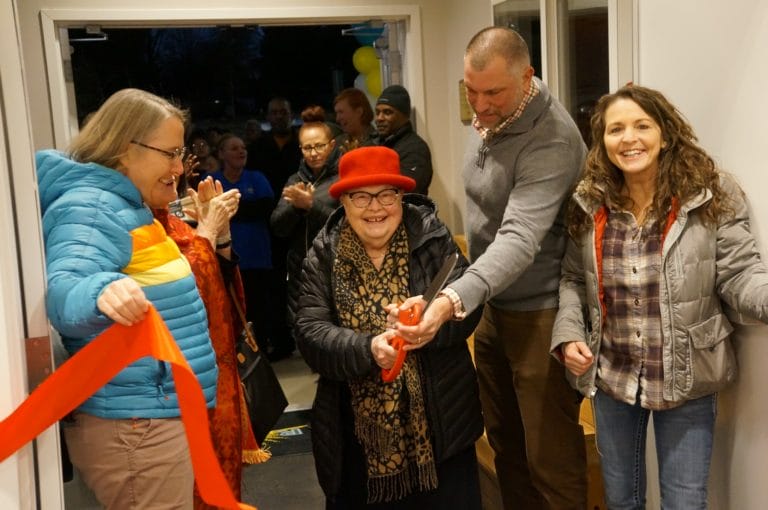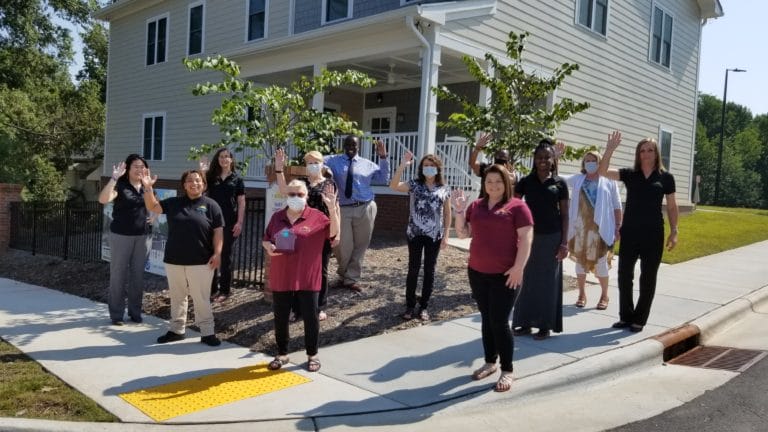
Substance use disorder is a public health crisis. Reports are showing that the rate of substance use disorders among women is increasing. TROSA is an innovative and essential community resource that helps rebuild women’s lives. Our TROSA female residents are resilient, courageous, inspiring, and strong. We have a commitment to meet the growing need for our comprehensive program today.
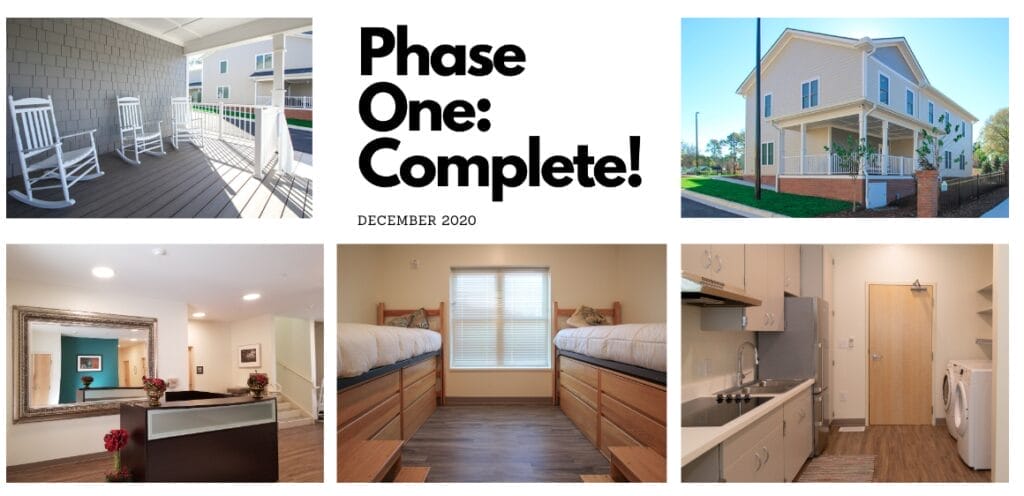
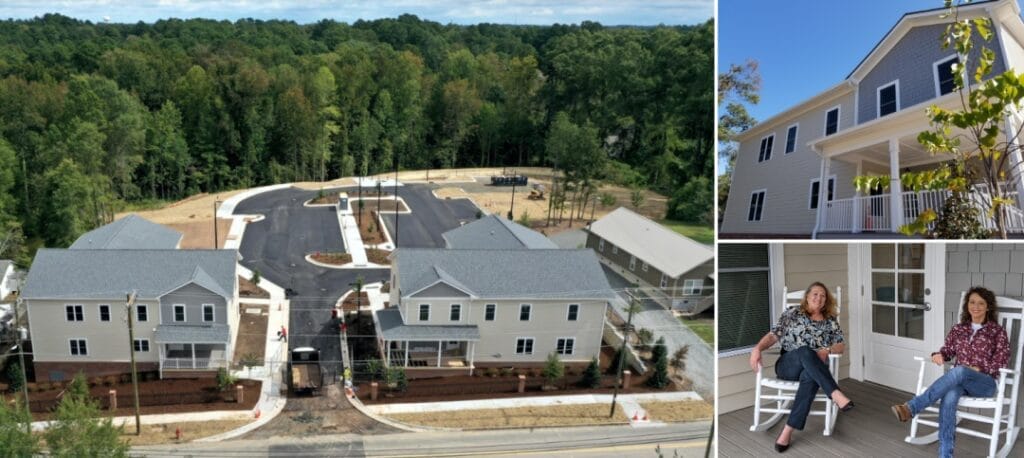
On December 2020, we celebrated the opening of our new women’s housing. Our new women’s housing is the first phase in a multi-year project for TROSA’s T-East campus. These new homes provide greater proximity to our daily program activities and increase connection throughout our campus. Connection and community are vitally important for TROSA. They are the key components for rebuilding healthy lives and maintaining recovery.
Studies are showing that women are turning to drugs and alcohol to cope with daily life at a greater rate than before. More women continue to need recovery programs like TROSA.
TROSA’s success is due in large part to the residential nature of our program. We provide a safe community and services at no cost to our residents, allowing them to focus on what’s important—recovery.
For many years, our female residents lived off-campus in a TROSA-owned building in downtown Durham. They traveled to our main campus for classes, medical appointments, counseling, daily program activities, and special events. The building needed major renovations, had little privacy, and was logistically challenging to coordinate daily travel. As demand for TROSA grows, we decided the time was NOW to enhance and expand our Women’s Program with a dedicated campus. Called TROSA-East (T-East), it is located directly across from our main campus in Durham.
Watch our video above to hear from TROSA graduate and women’s program staff member Carol and learn how these new homes are changing lives.
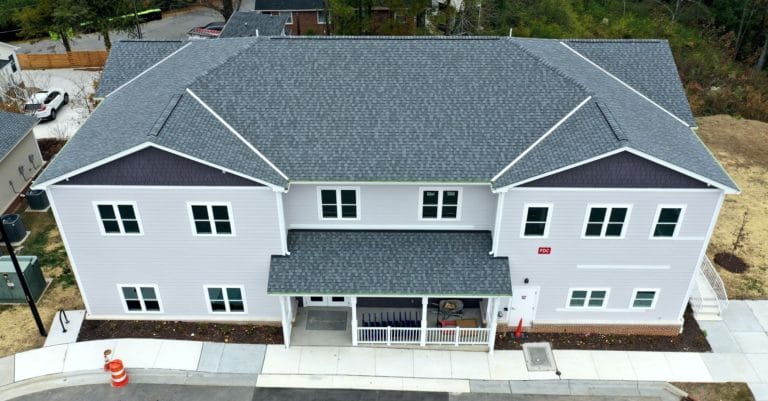
In December 2023, we opened the Guilford House Community Center for our female residents. The Community Center is a large, modern gathering hub at our Durham campus, with space for therapeutic groups and classes, communal dining, exercise, and socializing–a space to form the critical friendships and support networks that will help our residents maintain their recovery goals.
